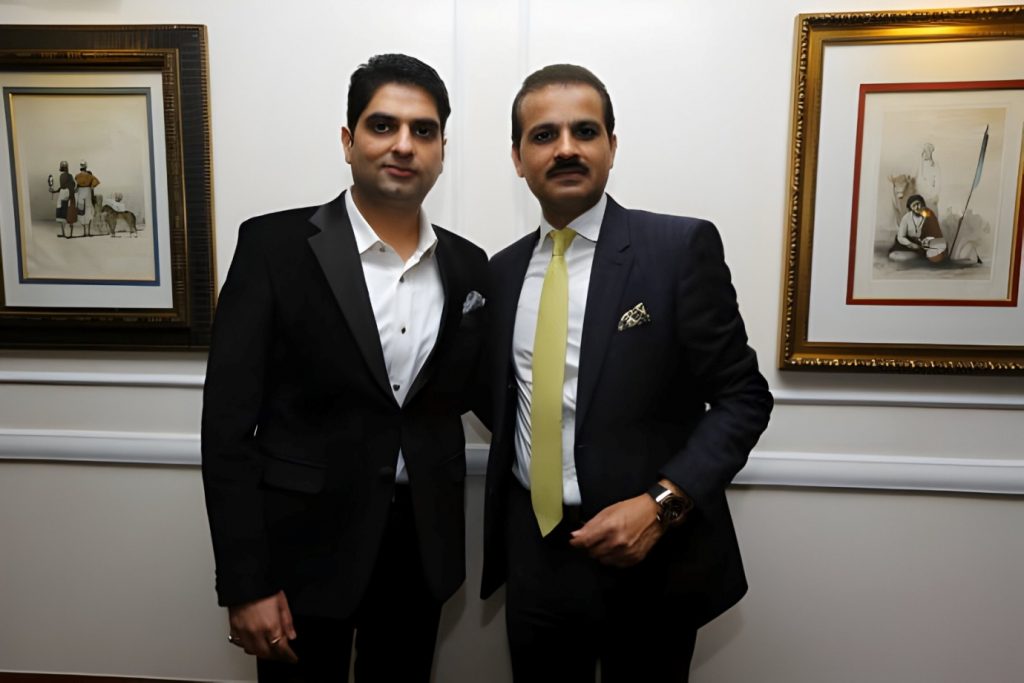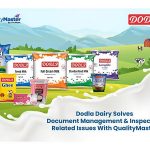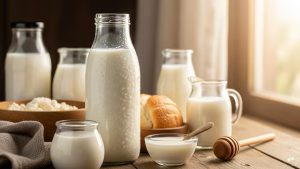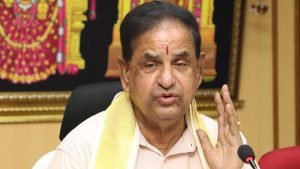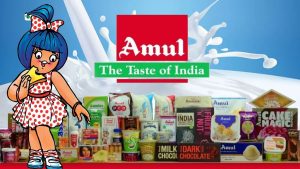
“India has the production capacity and diversity in its dairy offerings to be a global leader, but what’s been missing is a cohesive strategy that aligns production with international market needs,” mentions Sidhant Gupta.
India has long been a global leader in dairy production, with its dairy industry ranking among the largest in the world. As of 2023, India accounts for over 23% of the world’s milk production.
However, despite this impressive figure, India’s share in the global dairy export market remains relatively modest. Visionary leaders like Sidhant Gupta have recognized this untapped potential and are spearheading initiatives to elevate India’s dairy export capabilities, ensuring the country can compete on the global stage.
This article delves into how Sidhant Gupta is playing a pivotal role in transforming India’s dairy sector into an export powerhouse by implementing strategies that enhance quality, foster international partnerships, and open up new markets for Indian dairy products.
Overview of India’s Dairy Export Potential
India’s dairy industry is immense, producing a wide range of products that are highly sought after internationally. These include:
Milk powder
Ghee (clarified butter)
Butter
Cheese
Paneer
Condensed milk
“However, despite its vast production, India exports less than 1% of its total dairy output, leaving significant room for growth. The global demand for dairy products, especially in emerging markets like Southeast Asia, Africa, and the Middle East, has been increasing steadily, presenting India with a massive opportunity,” says Sidhant Gupta. Mr. Gupta recognizes this gap and sees it as a pivotal moment to change the narrative. Continuing further, he mentions, “India has the production capacity and diversity in its dairy offerings to be a global leader, but what’s been missing is a cohesive strategy that aligns production with international market needs. My goal is to build a bridge between Indian dairy producers and the global market by ensuring quality, safety, and market readiness.”
Sidhant Gupta’s Role in Boosting Dairy Exports
Sidhant Gupta’s approach to boosting dairy exports revolves around a multi-pronged strategy aimed at enhancing both the quality and export readiness of Indian dairy products. Mr. Gupta has been instrumental in improving the infrastructure of India’s dairy sector by focusing on cold chain systems, processing facilities, and storage solutions that help maintain product integrity from farm to market. His efforts also include training farmers and dairy cooperatives in global best practices to ensure consistent quality, reduce waste, and meet the increasing demand for exports. Moreover, Mr. Gupta encourages innovation in product development, particularly in creating value-added dairy items such as flavored milk, organic ghee, and lactose-free products, which cater to diverse international markets and consumer preferences.
Gupta’s leadership also extends to driving investments in research and development to improve production techniques and meet the specialized needs of international buyers. “The key to unlocking India’s dairy export potential is not just about producing more, but about producing better. We need to show the world that Indian dairy products can meet the highest standards of quality and consistency,” quotes Sidhant Gupta.
Global Standards and Certifications: Meeting International Benchmarks
One of the most significant challenges Indian dairy exports face is compliance with international quality and safety standards. Markets like the European Union, the U.S., and Japan require stringent certifications such as ISO 22000 for food safety, HACCP for hazard analysis, and FSSAI (Food Safety and Standards Authority of India) for domestic regulation alignment.
Mr. Gupta has been instrumental in ensuring that Indian dairy products not only meet but exceed these benchmarks. He has introduced comprehensive training programs that help producers comply with:
Good Manufacturing Practices (GMP)
Hazard Analysis and Critical Control Points (HACCP)
Global Food Safety Initiative (GFSI) standards
Moreover, his push for the adoption of organic certification and animal welfare standards helps
differentiate Indian dairy products in high-value markets.
According to Sidhant Gupta, “Global markets today demand more than just quality—they demand transparency, traceability, and sustainability. By implementing internationally recognized standards, we ensure that Indian dairy products can confidently compete in even the most stringent markets.”
Expanding to New Markets: Southeast Asia, Africa, and the Middle East
One of Sidhant Gupta’s key strategies has been identifying and expanding into untapped markets with high potential for dairy imports. Southeast Asia, Africa, and the Middle East have been primary focus areas. These regions have growing middle-class populations, increasing disposable incomes, and a rising demand for dairy products, especially for items like milk powder, butter, and cheese.
Mr. Gupta’s efforts to penetrate new markets are driven by comprehensive market research aimed at understanding consumer preferences and regional demands. He focuses on tailoring products to suit local tastes, dietary restrictions, and cultural preferences, such as offering halalcertified dairy items for Middle Eastern consumers. Additionally, Mr. Gupta has been actively establishing distribution networks by collaborating with local importers and distributors, ensuring efficient market entry and a strong presence in these emerging regions.
“For too long, we’ve been focused on traditional markets like the U.S. and Europe. While these are important, the future of dairy exports lies in emerging markets. Countries in Southeast Asia and Africa are hungry for high-quality, affordable dairy products—and India is perfectly positioned to supply them,” mentions Sidhant Gupta.
Partnerships and Collaborations: Strengthening the Supply Chain
To further scale India’s dairy export efforts, Sidhant Gupta has been active in forming strategic partnerships with various stakeholders in the dairy ecosystem. These include:
Dairy cooperatives, which play a crucial role in milk collection and processing across rural India.
Private sector dairy players, who bring innovation and scale to the industry.
International trade bodies, which facilitate access to global markets and help Indian exporters, navigate complex regulatory environments.
Mr. Gupta has also spearheaded collaborations with international dairy research institutes to stay ahead of trends and innovations in dairy production. By forging these alliances, he aims to create a robust supply chain capable of meeting global demand sustainably.
Mr. Gupta emphasizes, “Collaboration is key in today’s interconnected world. We need to bring together the strengths of every player in the dairy industry—big or small—to succeed in the global marketplace.”
Long-Term Impact: Positioning India as a Global Dairy Leader
The long-term impact of Sidhant Gupta’s efforts is already visible in the increasing volume of India’s dairy exports, but the broader effects will be felt over the next decade. His strategies not only help meet immediate export targets but also position India as a global leader in the dairy industry. By aligning India’s production capacity with global standards and demand, Mr. Gupta is creating a roadmap for sustained growth.
His initiatives have also led to increased income for dairy farmers, improved infrastructure across rural areas, and a more resilient supply chain. As India continues to expand its global footprint, it is expected that the country’s share in the world dairy export market will rise significantly.
“The ultimate goal is to make India synonymous with dairy excellence globally. Through innovation, quality assurance, and collaboration, we’re well on our way to achieving that vision,” Mr. Gupta concludes.
You can now read the most important #news on #eDairyNews #Whatsapp channels!!!
🇮🇳 eDairy News ÍNDIA: https://whatsapp.com/channel/0029VaPidCcGpLHImBQk6x1F
